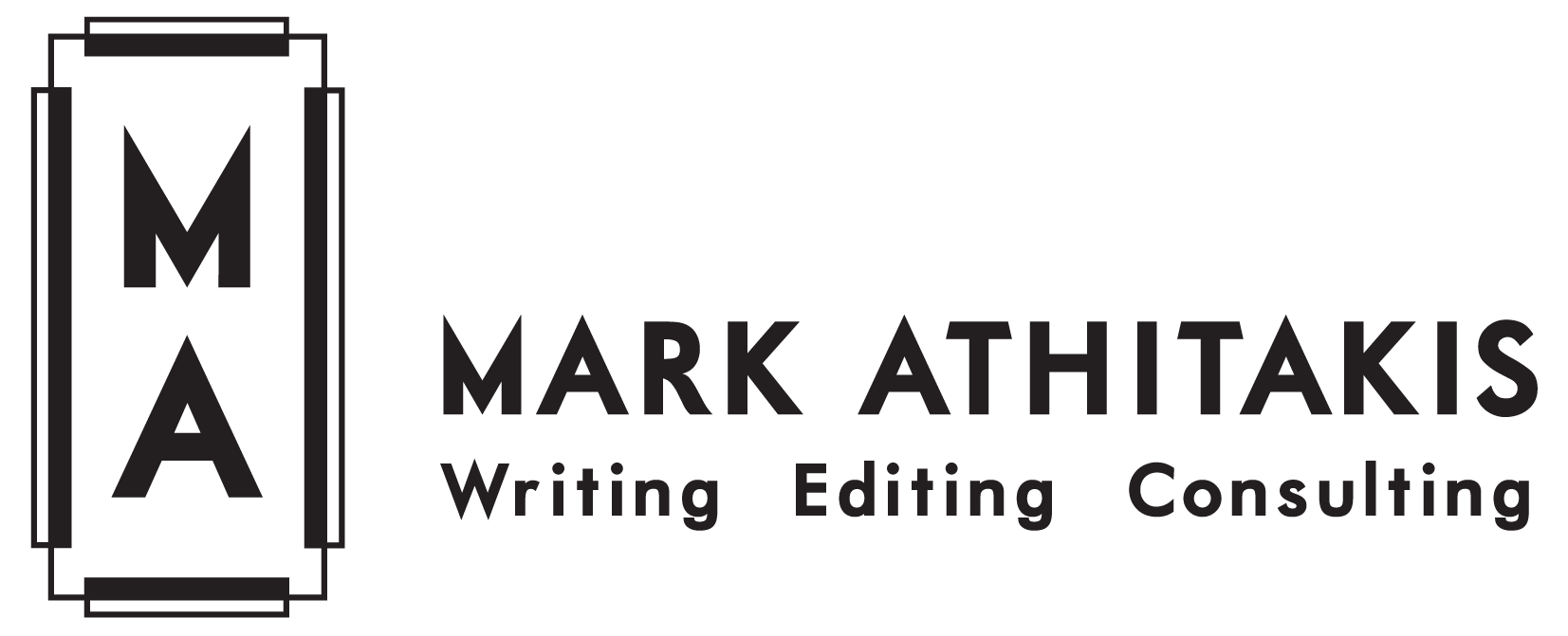Yesterday the National Book Foundation launched a new online project celebrating the 77 fiction winners of the National Book Awards. The organization is honoring a winner a day, starting with Nelson Algren‘s excellent novel The Man With the Golden Arm, which took the prize in 1950. The NBF has arranged all manner of competitions and contests to celebrate the awards, but I was mainly struck by the fact that nearly all the books being honored are still in print in the United States. The three that aren’t? John O’Hara‘s Ten North Frederick, Ann Arensberg‘s Sister Wolf, and Frederick Pohl‘s Jem.
Pohl won in 1980, an interesting time for the prize. According to a New York Times article at the time, the awards were discontinued the previous year, when publishers pulled their support, “contending the awards favored little-read books.” (The fiction winner at the 1979 awards? Tim O’Brien‘s Going After Cacciato.) The event was rebranded the American Book Awards in 1980, and the publishers were apparently given a freer hand in the nominations. The event took a hit in credibility: William Styron won for Sophie’s Choice, but he, like Norman Mailer and Philip Roth, had asked that his novel be pulled from consideration. There were no fewer than eight fiction categories that year, as if designed to honor every aisle and price point in the bookstore. (John Irving‘s The World According to Garp was honored for being the best book in paperback.)
A Washington Post story covering the ceremony in New York suggests it was a raucous, clumsy event. The show started late; Henry Kissinger‘s book got booed; the sound system didn’t work well, and Eudora Welty‘s acceptance speech for the National Medal for Literature was drowned out. Publishers tried to get the event televised, but, the Post reported, “according to a publisher associated with the awards, the networks ‘wanted too much singing and dancing.'” And a couple of writers got some swipes in about the awards:
More than 1,600 persons associated with the book trade attended — attracted, as one publishing executive admitted, by the controversy surrounding the awards and the hope that there might be a scandal.
Co-hosts of the event were William F. Buckley and John Chancellor, and they introduced a long series of stars to make the individual presentations, including Isaac Asimov, Lauren Bacall, Ray Bradbury, Dee Brown, Betty Friedan, Gail Godwin, Pete Hamill, John Houseman, Townsend Hoopes, Erica Jong, Edwin Newman, Sylvia Porter, Theodore H. White, and others. Each was allowed to make brief, humorous remarks lasting about 30 seconds, but the pattern was broken by poet Peter Viereck, who criticized the “dirty political deals” associated with the old National Book Awards, criticized the new American Book Awards as a “plastic Disneyland extravanganza” and suggested that some kind of award system should be found to eliminate the bad features of each.
The only author who was able to speak after winning an award was Buckley, who came back on stage as co-host right after the award to his “Stained Glass” as best paperback mystery had been announced.
“I am pleased,” said Buckley, “by this convincing evidence of the incorruptibility of the awards.”
The following year the event dialed back to three fiction prizes; by 1986 it was back to one fiction award per year.

Learning something new every day here…thank you for sharing this!